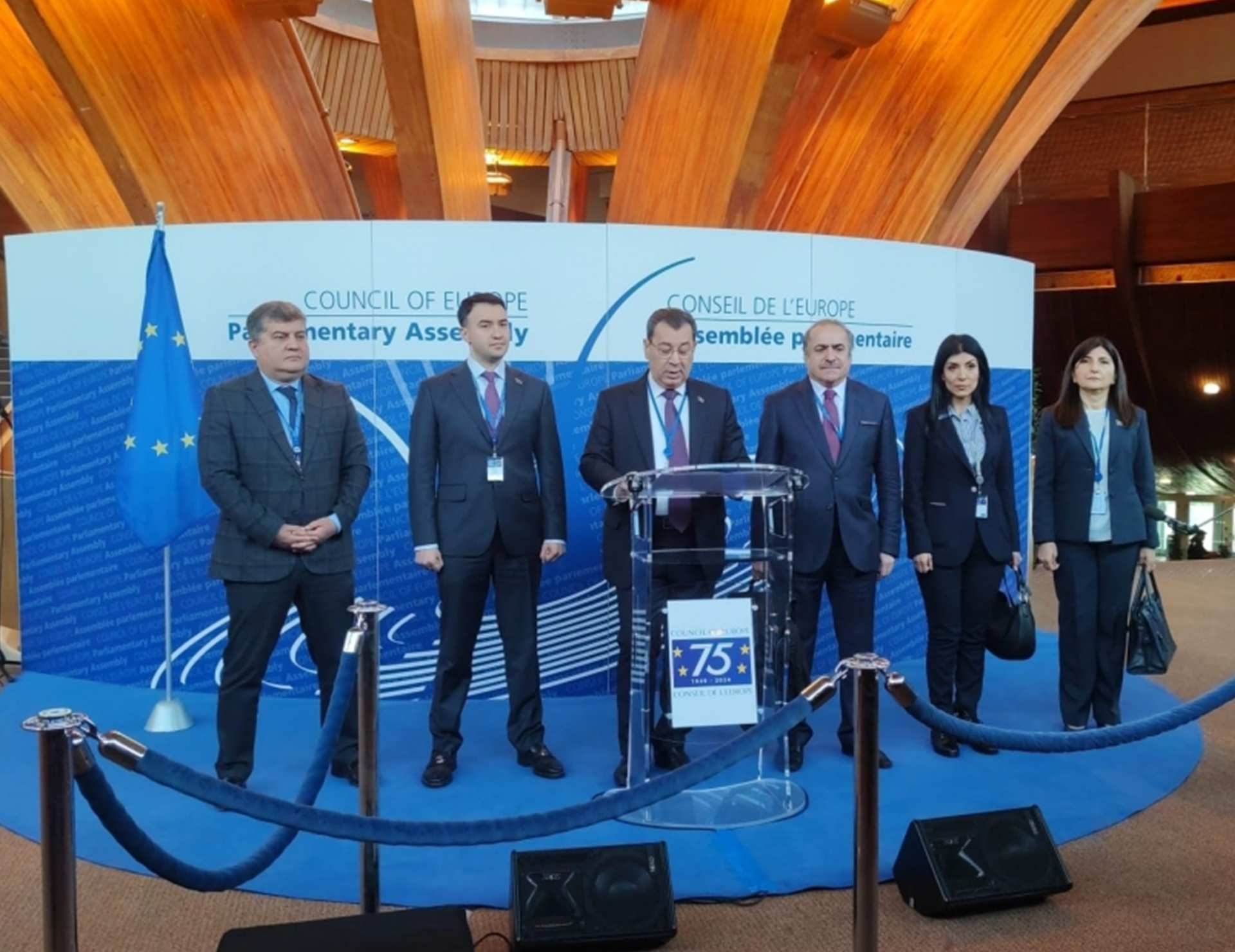Geopolitical undertones of Azerbaijan’s withdrawal from PACE

On January 24, Azerbaijan suspended its cooperation with the Parliamentary Assembly of the Council of Europe (PACE) after the credentials of its delegation to the institution were challenged on the opening day of the winter session. On the same day, the Assembly resolved not to ratify the credentials of the Azerbaijani delegation, referring to Baku’s refusal to cooperate with the PACE on human rights, the humanitarian situation in Karabakh, and monitoring of presidential elections, among others. For Azerbaijan, the latest events point to attempts by some Western countries, especially France and to a lesser degree Germany, to use multilateral platforms to pressure Baku in the context of evolving security competition in the South Caucasus and beyond. Two days before the PACE decision, the EU foreign policy chief Josep Borrell joined France to criticize Azerbaijan’s assertive stance in the normalization talks with Armenia and warned against any attempt to violate Armenia’s territorial integrity. Baku is unhappy about the Western institutions’ decades-long reluctance to sanction Yerevan for its aggression against Azerbaijan while accusing Azerbaijan of what it has not done against Armenia.
Baku’s harsh reaction to the PACE decision attests to a remarkable shift in its resistance to international pressures in the post-Karabakh war period from calculated balancing to a more confident posturing which has also manifested itself in recent spats with the United States and France. Azerbaijan seems adamant in its position to firmly resist any external intervention questioning its sovereignty over Karabakh or undermining its position in peace talks with Armenia even if it comes at the expense of strategic partnerships it has taken years to forge. When U.S. Assistant Secretary of State James O’Brien said in November 2023 that relations with Azerbaijan could not be “business as usual” as long as the peace agreement is not achieved and Washington canceled bilateral high-level meetings accordingly, the Azerbaijani foreign ministry retaliated symmetrically, saying it “will resolutely and adequately address all the negative steps against its national interests”. Baku’s claim that it could withdraw from the Council of Europe (CoE) if the anti-Azerbaijan campaign continued shows the lengths to which it is ready to go to signal its grievances against the Western bias on the Karabakh issue compared to the other separatist conflicts in the post-Soviet space.
However, PACE suspension could cost Baku dearly by establishing a precedent for expulsion from other international fora. Such a scenario would certainly tarnish its image as a predictable player it has long cared for and raise the cost of reaping the benefits of recently gained strategic advantages over regional rivals. For many years, Azerbaijan has seen membership in European institutions as the ultimate opportunity to seek justice for its cause in Karabakh and competed with Armenia for Western support. Sandwiched between Russia and Iran, Baku viewed CoE membership as strategically vital for its survival in a geopolitical jungle. CoE membership was also one of Azerbaijan’s first successes at anchoring itself in the U.S.-led liberal international order. Now with the unipolar order in tatters and the control over Karabakh restored, Baku feels entitled to a greater respect for its interests from the international community.
Azerbaijan’s estrangement from the PACE due to the latter’s allegedly biased position on Karabakh is part of a broader negative trend in Azerbaijan-West relations that hit a new low after Baku’s military takeover of Karabakh in September 2023. The question is whether this fracture in relations is deep enough to cause radical changes in mutual attitudes or it is temporary and will bounce back to normal when the sides come to compromise. In the short to mid-term, the second scenario looks more plausible, not least because of two major factors. Firstly, a meaningful geopolitical turn in the EU foreign policy towards the Eastern Partnership region against the background of Russia’s invasion of Ukraine necessitates comprehensive cooperation with regional partners including Azerbaijan, putting aside normative differences. Secondly, Azerbaijan’s pivotal position in the region’s energy and connectivity geopolitics makes it a natural partner for the EU, establishing a common interest in regional stability even if the two sides currently differ on how to achieve it in the short term. Nevertheless, the EU’s pro-Armenian tilt in the new power configuration of the South Caucasus and Baku’s moves to establish a regional order amenable to its interests, often contradicting European plans for the region, will continuously test its ties with the Western countries. Azerbaijan may conclude that the deterioration of relations with the West for some time was the price it had to pay for Karabakh’s military reintegration and it will wait for gradual acceptance of realities on the ground by its Western partners. Baku on many occasions declared its readiness to engage with Western involvement in the peacebuilding process as long as it respects its territorial integrity. When U.S. Secretary of State Anthony Blinken called President Aliyev to normalize relations after the ‘O’Brien scandal’, Baku accepted the offer and the sides agreed to restore senior-level engagements. The expectation could be that cooler heads would prevail in other instances too that would be to the significant benefit of Azerbaijani civil society and the Armenia-Azerbaijan normalization process.







